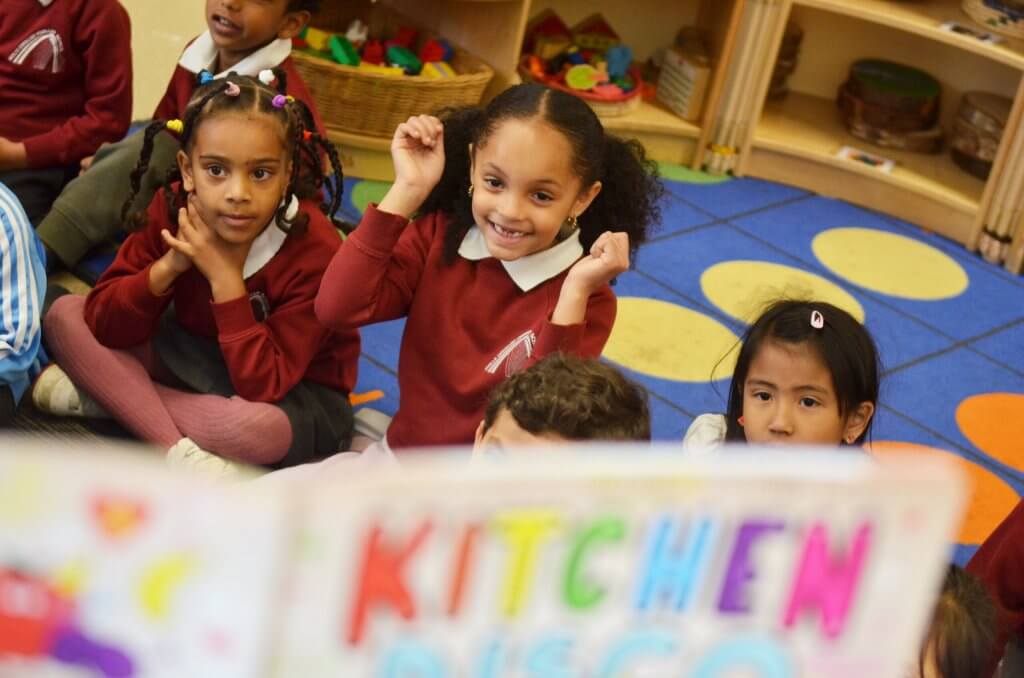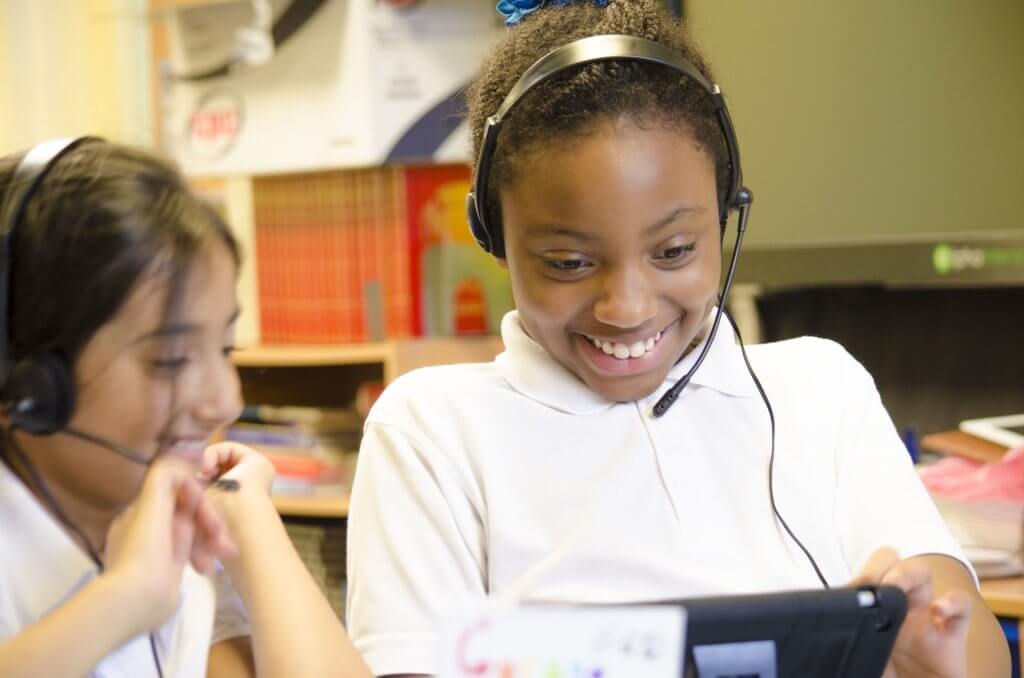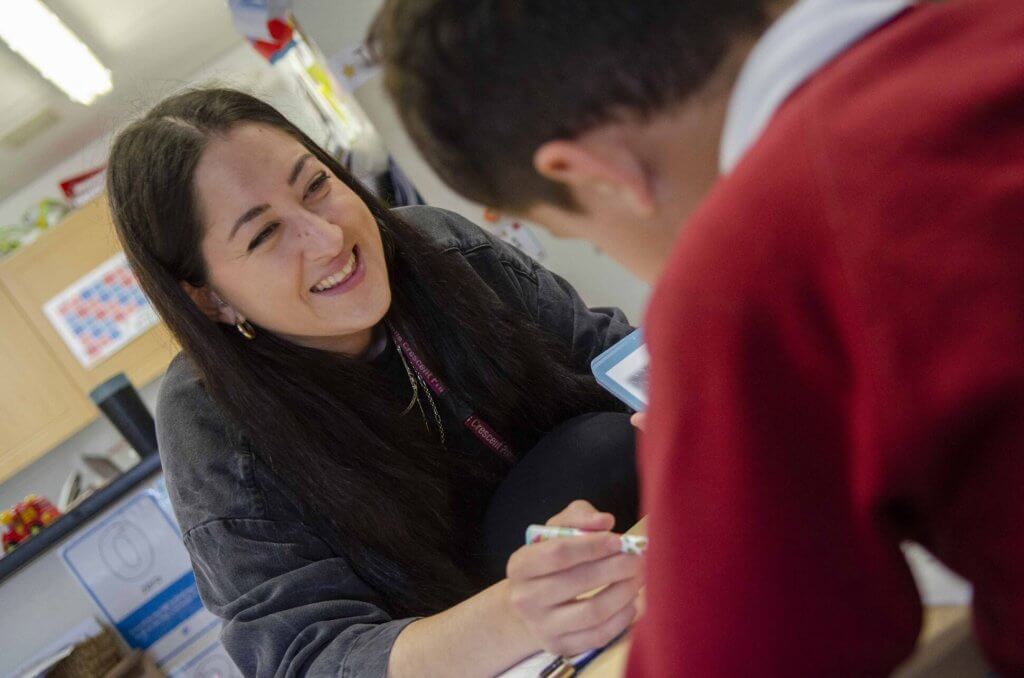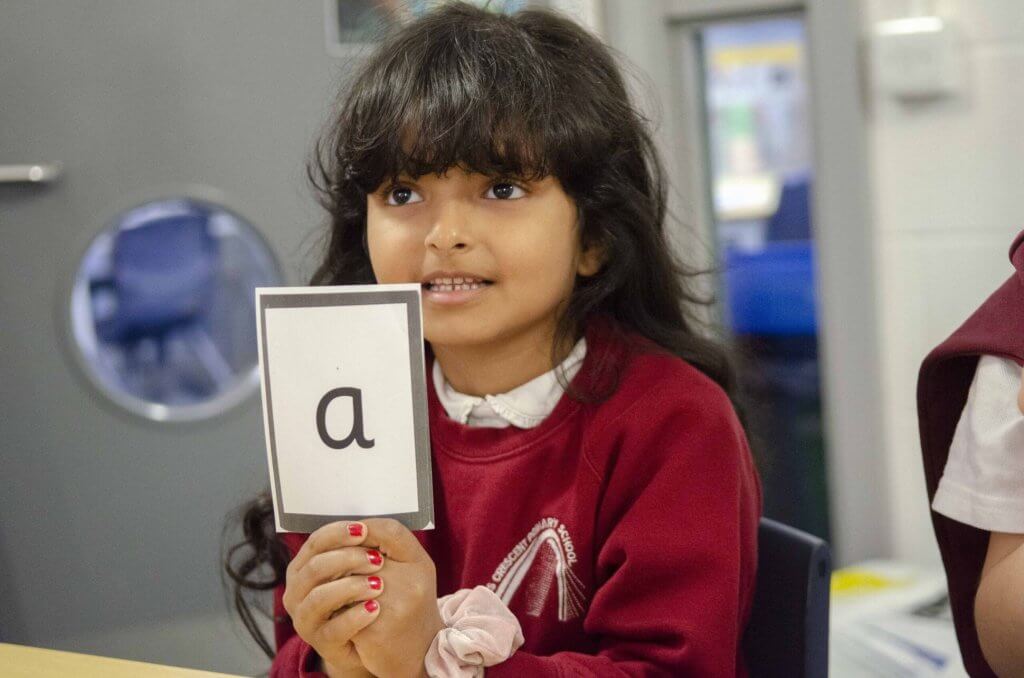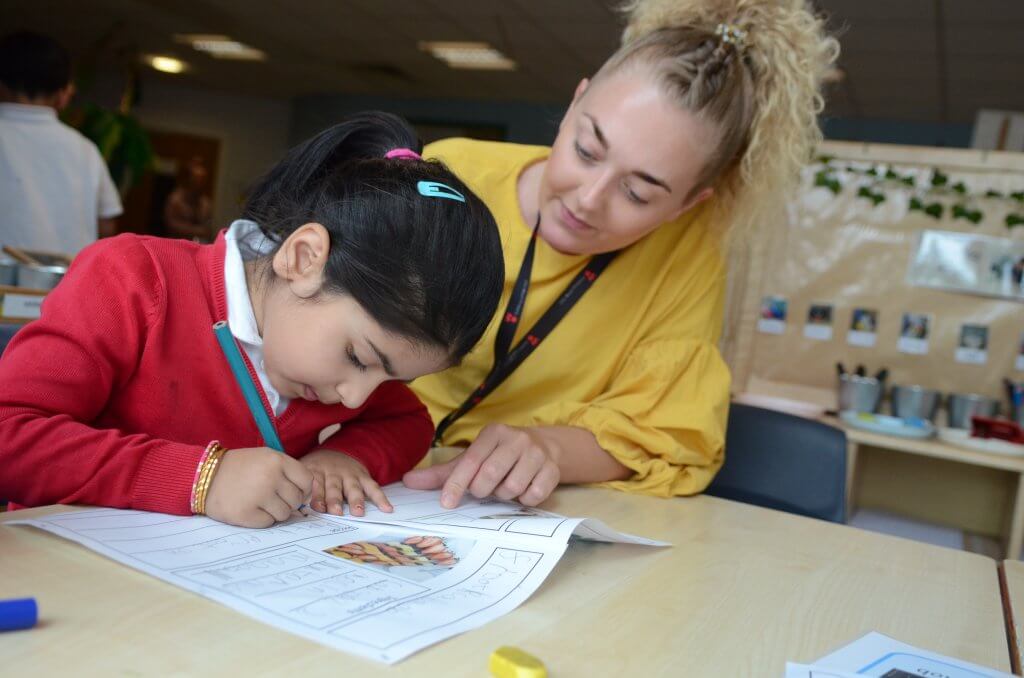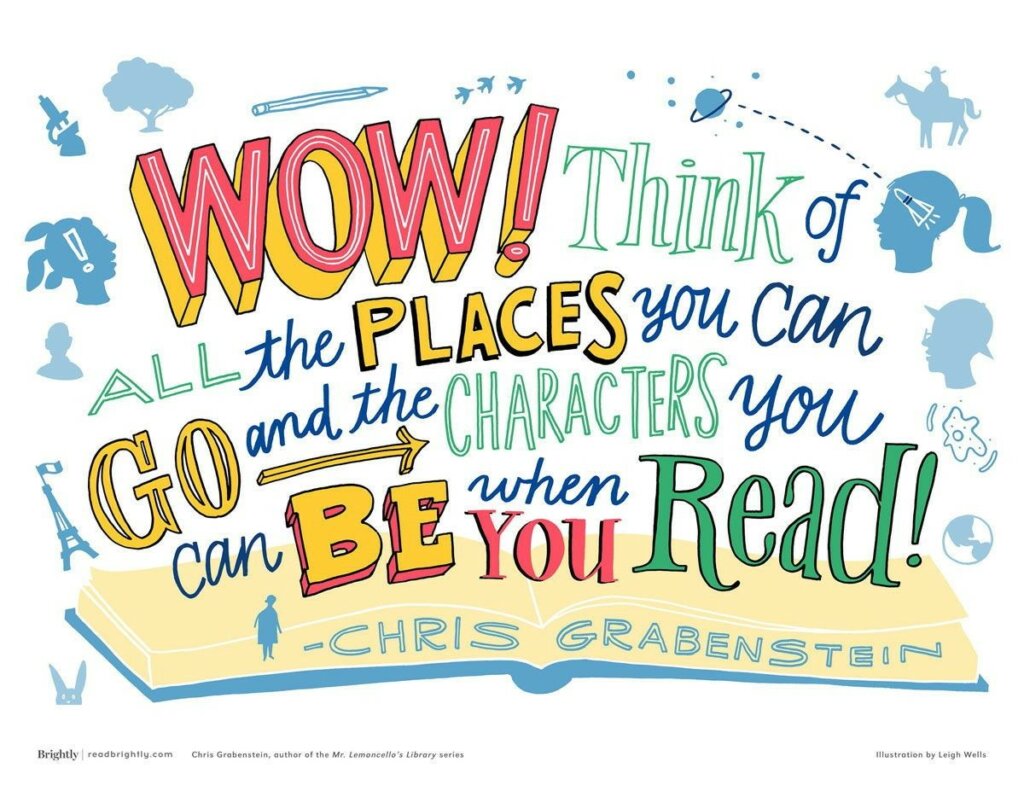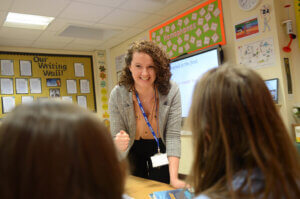Building Reading Lives
Just take a minute to think about the impact reading has on your daily life. Reading permeates every aspect of our lives. Imagine if you couldn’t read or if reading was a challenge that frustrated you. What would you miss out on? What might you avoid?
The positive impact of being a good reader is well known. Not only does it impact attainment but also mental health, employment, empowerment and much more. The Reading Agency commissioned a Literacy Review that explored the links between reading for pleasure and empowerment. Reading for pleasure was found to have a positive impact on all of the aspects in the graphic below:
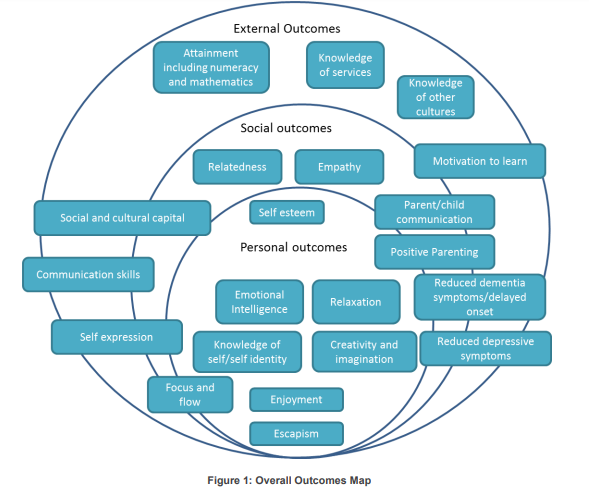
Outcomes of Reading for Pleasure, The Reading Agency (2015)
But what about the negative impact of not being a fluent reader? The effects of this begin to show in primary school and only get more apparent as time goes on. James and Dianne Murphy discuss this in detail in their book Thinking Reading: What Every Secondary Teacher Needs to Know About Reading (2018). Although the book is aimed at secondary staff, the statistics are food for thought for any educator, in EYFS, primary, secondary or further education settings. They state that poor reading at school is linked to low self-esteem, poor mental health, more aggressive behaviour, disruption in school and much poorer academic outcomes. In later life, the negative impact of poor reading becomes ever more pervasive. The National Literacy Trust estimates that around 7.1 million adults have ‘very poor’ literacy skills in the UK. If you are functionally illiterate, you are more likely to have lower earnings, poorer health and housing, lower life expectancy and a much higher rate of incarceration, with around 70% of prisoners in the UK having literacy difficulties.
Being able to read is a right, and it is our duty as educators to ensure that every child becomes a good reader. That way they can benefit from the positive influences reading brings, rather than suffer the consequences of a life of poor reading.
This year, more so than ever, we must keep the importance of Reading at the forefront of our minds. The COVID-19 pandemic has meant that children may have a bigger mountain to climb but it also gives us a golden opportunity to think differently. As a profession, we are being encouraged to spend significant time ‘catching up’ to address the learning gaps children have as a result of the pandemic. Every academic year I encourage schools to take time to review the previous year’s content, checking for topics which are less secure and spending time fully embedding concepts before moving on. This year will need us to not only adopt a similar approach, but expand it significantly, particularly when it comes to reading.
Depending on their age and fluency, children’s reading will have been impacted by the pandemic in different ways. Not all of this will have been negative – indeed some parents may have been able to support their children’s reading more than usual or children may have filled their extra down time with reading. For a significant number of children, however, the pandemic will have resulted in fewer reading opportunities. Some may not have read at all.
For those children still learning to decode, the combination of missing phonics teaching alongside fewer opportunities to practise reading aloud, is likely to mean that many children have fallen behind. For these children, having a clear school-wide approach to the teaching of early reading and phonics, alongside building their understanding and enjoyment, is crucial. Our blog, The Importance of Early Reading and Phonics, explores what schools need to consider when developing their provision in this area.
For children who are more fluent in reading, the fact that they have had fewer opportunities to engage in book talk and less explicit teaching of reading skills may mean they are less confident reading and discussing texts. Ensuring these children have access to a wide range of stimulating texts as well as regular opportunities for discussing them will be key.
Above all, the pandemic is likely to have hampered children’s development of a love of reading. Although the temptation for some with ‘catch-up’ will be to focus on filling gaps in decoding and comprehension, without first reigniting children’s love of reading, we will find this almost impossible.
So, what can schools do to support every child to become a fluent reader?
Firstly, it is important for schools to review their provision for reading, identifying how to develop whilst also celebrating their achievements. The One Education Reading Award has been developed to assist schools to do just that, offering a clear way forward designed to support your individual needs. For more information on the One Education Reading Award, please visit this page or watch our free webinar which offers an introduction to the award alongside top tips to support reading in your school.
As a priority, schools need to ask themselves to what degree they:
Create a true reading culture that forms the beating heart of school life.
Reading plays an important part in our daily lives, but what about in school? Schools need to reflect on how visible reading is in school and how much time is devoted to this crucial skill. Is reading relegated to reading lessons, or does it play a role across the curriculum and across the school day? Children need opportunities to learn to read, read to learn and read for pleasure. They need the chance to read by themselves, read with others and be read to. They need to see reading celebrated both inside and outside school. Everybody in school needs to understand the importance of being a good reader and work together to ensure every child can succeed in reading. Our blog on Creating a Reading Culture provides a range of ideas about how to support the development of your own reading ethos.
By creating a reading culture, where everybody values reading, children’s engagement will soar. If children love reading, then they will want to read, and with reading, practice really does make perfect.
Every school needs to develop their reading culture in their own bespoke way. The One Education Reading Award is full to the brim of resources that you can use to develop your school’s reading culture. With library resources, book lists, CPD training and much more, the Reading Award is a great support mechanism for strengthening your reading provision. Our consultants can offer bespoke support to create a reading culture that suits your specific context, working with you to engage all learners and staff in loving reading. By getting everyone in your school community to see the value in reading, you can become a true reading school and support all children to become good readers.
Get to know children as readers.
You may know your pupils’ reading lives within school, with your long term plans, school reading spines or children’s reading records. But what about children’s real reading lives? What about their preferences? What about what they read at home?
We all know that school timetables are jam packed, but finding time to have reading conversations with pupils can be one of the most powerful things staff can do. Reading conversations not only allow children to share what they like to read, but also what they find challenging. Crucially, they also allow teachers to share their knowledge as readers, making personalised recommendations, encouraging children to teach them about the texts they have read and showing themselves as readers. Resources to support powerful reading conversations as well as pupil voice questionnaires and analysis tools are just some of the amazing resources available as part of the One Education Reading Award.
Having a five minute reading conversation every term can give you the information you need to inspire that child to really love reading, to offer challenge and support to make them better readers.
Identify needs and provide timely and sustained support
In order for children to have the best chance at becoming good readers, schools need to be quick to intervene when a child needs additional support. In Reading, identifying whether a child needs support in decoding, fluency, comprehension, enjoyment or a mixture of aspects is key. Although some needs are obvious, such as when a child is struggling to segment words, identifying others needs more thought.
For example, if a child in Year 5 appears to be able to read age appropriate texts but struggles when discussing inferential aspects, one might assume that they need support for comprehension. However, closer observation may show that the child only has a basic understanding of the text because they are not yet fluent. Consequently, while they are able to decode the text, they are not yet doing this automatically, which means that cognitively they are too focused on decoding to be able to fully comprehend the content.
Every school runs interventions for reading, whether they take the form of responsive teaching; corrective teaching; recapping content or running an intervention package. These interventions often vary in their success, some proving positive whilst others seem to have little impact. Schools need to think carefully about the interventions they are running. Are they fit for purpose? Do they target the particular needs of that child? Do they spend sufficient time reviewing and recapping content? Are they engaging for children? Are they being run appropriately by trained staff? Are they regularly evaluated for impact and if so, is the impact good enough? When should an intervention continue and when should it be changed for something different? The One Education Reading Award offers resources to support you to look critically at your interventions for Reading, including assessments, intervention impact proformas and intervention tracking resources.
Believe that EVERY child can be a good reader
By far the most important tool we have is our belief in every child’s capacity to be a good reader. Too often, without meaning to, we subconsciously accept less for children who find reading a challenge. We move the goal posts and take pupils making some progress in Reading as a win. In reality, until we ensure every child leaving school can read fluently, we are failing. PISA (2015) showed that approximately 18% of children in England leave secondary education without baseline proficiency in Reading. That means that almost 1 in 5 children leave school without the minimum level of Literacy to “…enable them to participate effectively and productively in life.” If a child is not yet a good reader, whatever their age, then we must make it our absolute priority to support them. New approaches may need to be tried, interventions adapted, but we must do something to change the tide. That is not to say that it will be easy but it is our duty.
The One Education Reading Award has been supporting schools to strengthen their reading provision for the past four years. To find out more please get in touch or watch our free webinar. To find out about how we can support you to develop your Reading provision, please contact our Reading Award Lead, Laura Lodge, at laura.lodge@oneeducation.co.uk

